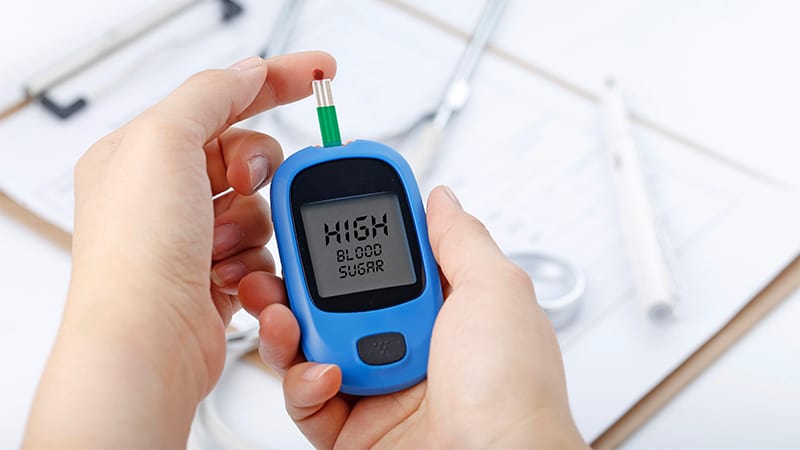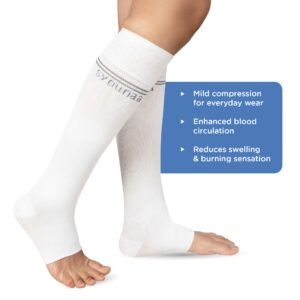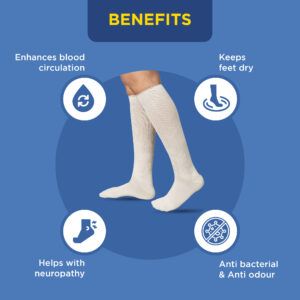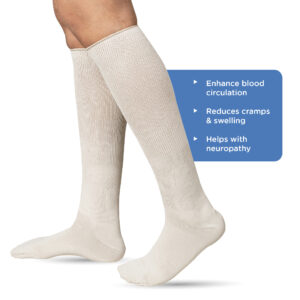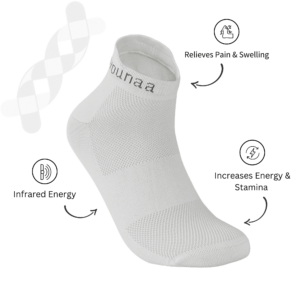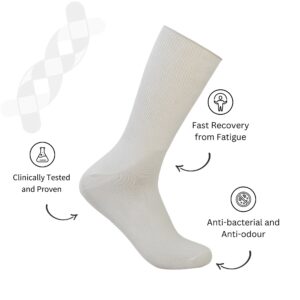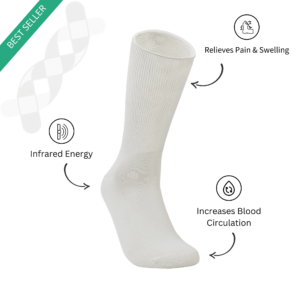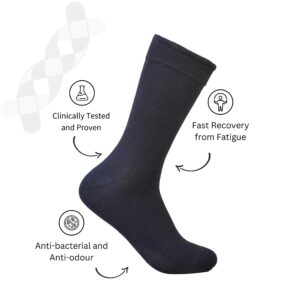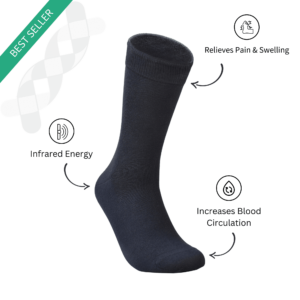If you have T1 diabetes or have a friend/family with T1 diabetes, we are sure you have heard about the term Diabetic Ketoacidosis (DKA).
What is it and why does it happen? Let’s find out 5 things you need to know about diabetic ketoacidosis so that you can better prepare yourself or the future.
5 Things You Need To Know About Diabetic Ketoacidosis
If DKA is not treated on time it can make a person unconscious or even cause death. It is also the most common way for Type 1 diabetics to find out that they have diabetes in the first place. Hence it is very important to know what is DKA and how to detect it.
1. What Is Diabetes Ketoacidosis?
DKA is a life-threatening condition that occurs when your body has too much blood sugar. Usually, anything above 240mg/dl can trigger DKA.
The liver converts fats to ketones, on a daily basis, and releases it into our bloodstream. During diabetic ketoacidosis, your body starts to produce too many ketones which start to become a risk for your health.
After the symptoms show, it usually takes a few hours for the patients to deteriorate giving the patient enough time to assess their health and reverse the effects. If you are yet to be diagnosed with diabetes, you should seek medical help. If you have diabetes, you can treat it at home after running a sugar test on your urine.
DKA is a serious condition and may even cause death if it is not treated on time.
2. What Happens To The Body When You Undergo DKA
While you may have access to food, your body cannot send signals to the liver to store the excess sugar. So, your body goes into this mode of starvation.
There are too many free-flowing glucose molecules but without insulin, the liver is not able to process where the glucose is. It tricks the liver into thinking the body is under starvation.
The liver then converts the stored glycogen into glucose to help the cells get energy. This adds more glucose into the blood and without the insulin, the glucose roams directionless in the body.
On the other hand, since the body is under the impression that it is starving, the body sends signals to the brain to send hunger pans. Hence the person feels hungry and eats more food and thus the cycle repeats itself.
When the liver is out of glycogen it converts fat molecules to ketones as a last resort to provide the body with energy. Ketones are very acidic and can cause severe health problems like attacking the vital organs in the body. This leads to diabetic ketoacidosis.
On the other hand, the saturation in the blood is so high that the glucose, water, sodium and potassium will spill through the semi-permeable membrane in the kidneys and into the urine. This is why DKA patients constantly want to urinate and they tend to lose a lot of essential nutrients through their urine as well.
3. Symptoms Of Diabetes Ketoacidosis
DKA has common symptoms as severe hyperglycemia or, high blood sugar. You will feel:
- Fatigue
- Vomiting
- Irritability
- Confusion
- Nauseous
- Excessive thirst
- Excessive urination
- Pain in the abdomen
- Fruity smelling breath
- Sometimes excessive hunger as well
For many type 1 diabetics, doctors were able to first diagnose their diabetes because their body went into Diabetic Ketoacidosis.
Though type 1 diabetics are the most likely to get DKA, some type 2 diabetics are also prone to the condition.
Improperly treating T1 can also cause it and T1 diabetics are prone to it when they are sick or have an infection.
4. How To Treat DKA
Usually, a glucose reading of anything above 240mg/dl is a sign of DKA. Diabetics should keep urine testing kits with them as well. If the urine has a high amount of sugar, it usually indicates that the person has DKA.
If you have been admitted to the hospital, doctors will give you an intravenous rehydration solution. Doctors may prescribe sodium and potassium supplements to replenish the lost nutrients.
They will also teach first-time patients how to use insulin and during the critical stages, doctors may additionally provide glucose in the intravenous solution. With the new insulin in the blood, the liver can use up the excess glucose and store it as glycogen.
Once the lost vitamins and minerals are replenished, the glucose is sent to the organs that need it the most and the body starts to resume normal function.
There have been cases where DKA was actually caused by an accident, sickness or infection. In this case, the doctor will also give strong antibiotics to fight infections and help the patient recover.
5. How To Prevent Diabetic Ketoacidosis In The Future
DKA is caused by elevated levels of sugar so naturally, the best way to ensure that DKA does not happen again is to make sure your sugar levels are under control.
There are a few ways to keep your sugar levels under control, the first being to of course make sure you have your insulin on time. This is very common amongst those who haven’t had the proper education or are new to their diabetes.
Many young girls (and sometimes young boys) reduce their insulin intake to reduce weight. This is very unhealthy and unsafe and requires proper attention from healthcare providers.
Alcohol drinkers with type 1 diabetes are also prone to DKA because of the high quantities of ethanol in alcohol.
If you maintain a healthy diet with a good workout routine, you are going to be safe from DKA. Did you ever have DKA? What were your symptoms like? Let us know on our social media handles.

